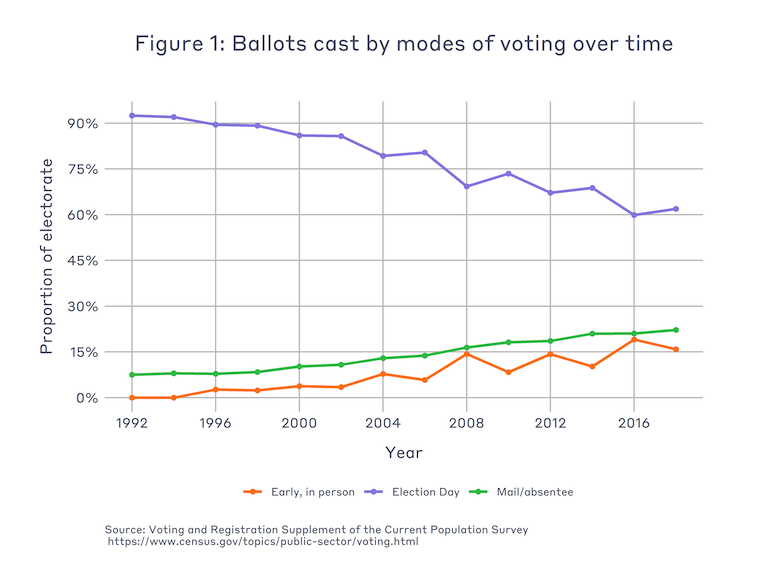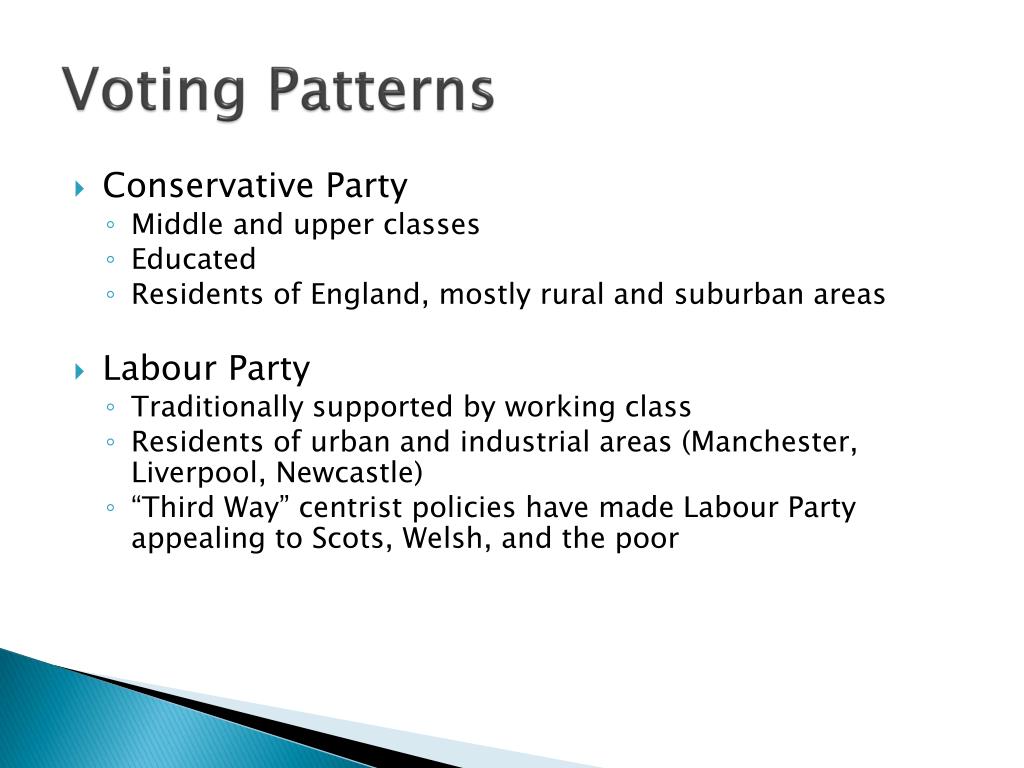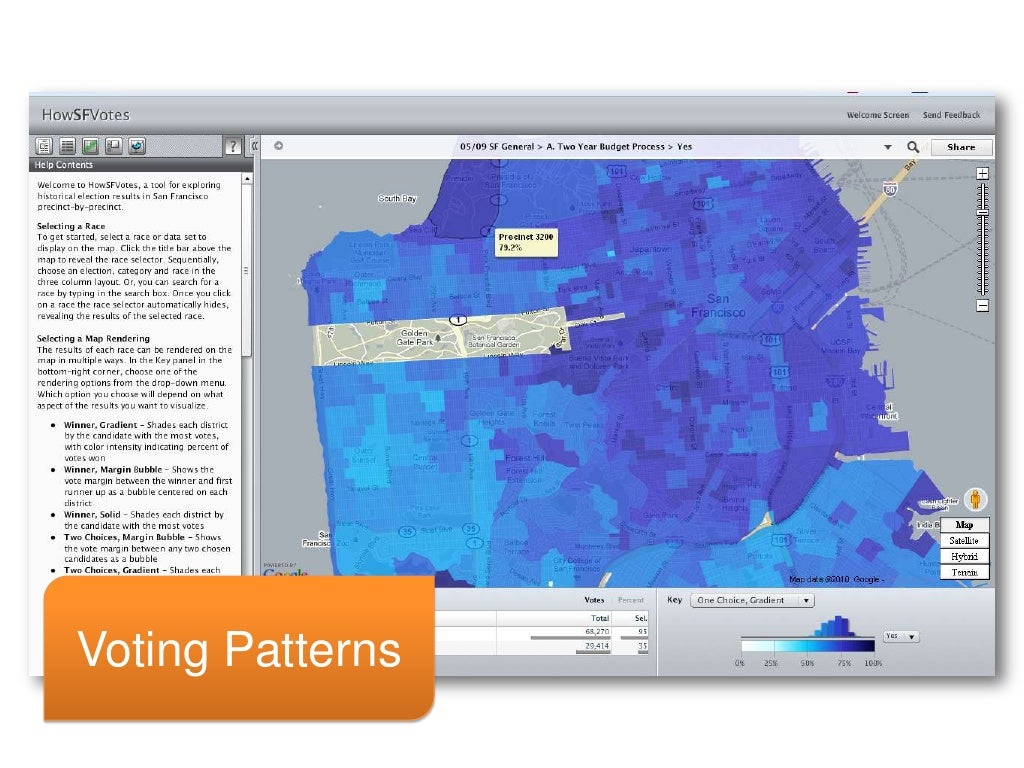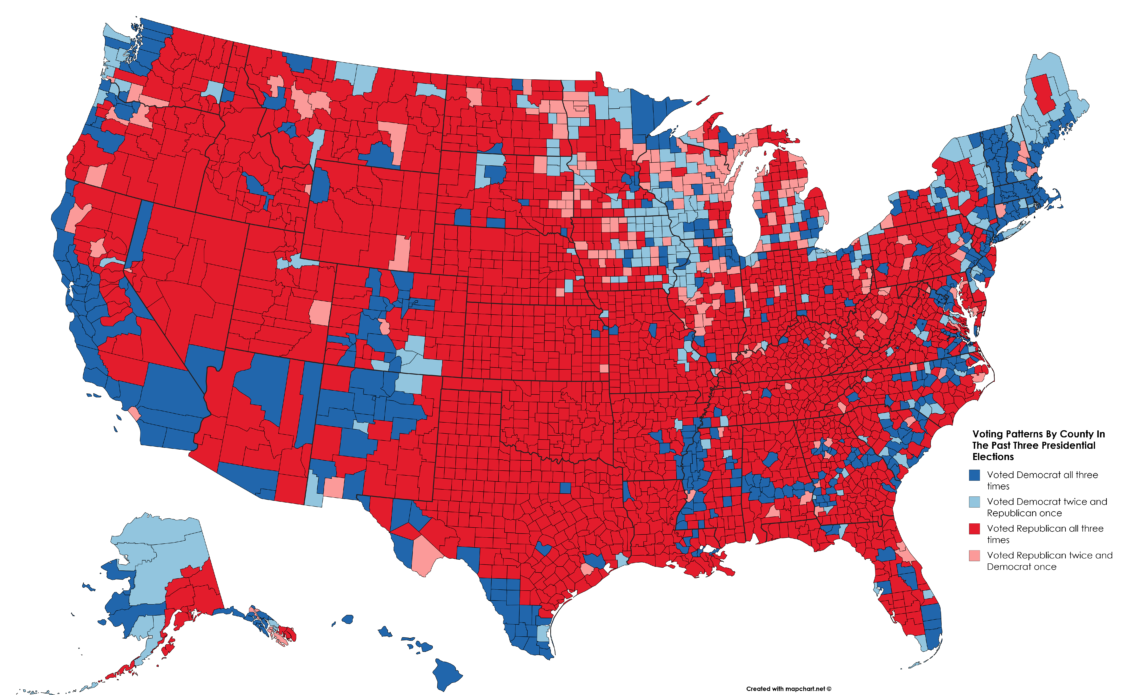They include an individual’s motives,. Web in the middle of these swirling democratic processes will be researchers who study public sentiment and voting patterns, known as psephologists. Web understanding how voters make their decisions is tantamount, at some very basic level, to understanding how democracy works. This week in siam review, yang. Psephology is the study of elections and voting.
Web ecological (or aggregate statistical) approaches relate voting patterns to the characteristic features of a geographical area (ward, constituency, state, or whatever). Web research following the cypriot referendum of 2004 identified four distinct voting behaviors depending on the election type. The crossword solver finds answers to classic crosswords and. Web two areas of psychology are especially relevant: Rational choice theory describes someone voting.
Web ecological (or aggregate statistical) approaches relate voting patterns to the characteristic features of a geographical area (ward, constituency, state, or whatever). Web the crossword solver found 30 answers to science of understanding voting patterns, 6 letters crossword clue. Web political scientists have defined several models of voter behavior in an attempt to explain the different motivations of voters: Psephology is the study of elections and voting. Web building on theories used to describe magnets, scientists have put together a model that captures something very different:
Psephology attempts to both forecast and explain election results. Accordingly, we provide you with all hints and cheats. Web this article discusses recent developments in the study of voting and elections. In recent years, these subdisciplines have generated. They include an individual’s motives,. Web it comes as a surprise to some that there is a science of elections. Web election science, for our purposes here, is defined as the analysis of election administration, voting, and reform using quantitative tools drawn from statistics,. Citizens use different decision criteria if they are called. Web three major theoretical approaches to the scientific study of voting behaviour. Web understanding how voters make their decisions is tantamount, at some very basic level, to understanding how democracy works. Web ecological (or aggregate statistical) approaches relate voting patterns to the characteristic features of a geographical area (ward, constituency, state, or whatever). Web political scientists have long sought theoretical models that accurately show how individual voting behavior shapes party positions. Psephology is the study of elections and voting. There can be no more important. The term was first coined in 1948 by w.
Web Building On Theories Used To Describe Magnets, Scientists Have Put Together A Model That Captures Something Very Different:
Web ecological (or aggregate statistical) approaches relate voting patterns to the characteristic features of a geographical area (ward, constituency, state, or whatever). How people end up voting in an election depends on (a) how effective voting power is. This week in siam review, yang. Web these frames comprise cognitive schemes of learned models of scenarios (“scripts”) and practiced action patterns (“habits”).
Web Political Scientists Have Long Sought Theoretical Models That Accurately Show How Individual Voting Behavior Shapes Party Positions.
Mccallum, a friend of hardie's, requested a wor… Psephology uses historical precinct voting data, public opinion polls, campaign finance information and similar statistical data. Web it comes as a surprise to some that there is a science of elections. Web political scientists have defined several models of voter behavior in an attempt to explain the different motivations of voters:
Web The Crossword Solver Found 30 Answers To Science Of Understanding Voting Patterns, 6 Letters Crossword Clue.
Accordingly, we provide you with all hints and cheats. Web caltech political scientists, historians, computational social scientists, and data scientists provide insights that can help voters and election officials identify and address fraud,. Web associate professor of economics benjamin enke shows how a “universalist” mindset versus a “particularist” one drives voting behavior. Citizens use different decision criteria if they are called.
The Sociological Model, Which Is Also Known As The School Of Columbia;
Web three major theoretical approaches to the scientific study of voting behaviour. Rational choice theory describes someone voting. Web this article discusses recent developments in the study of voting and elections. They include an individual’s motives,.








